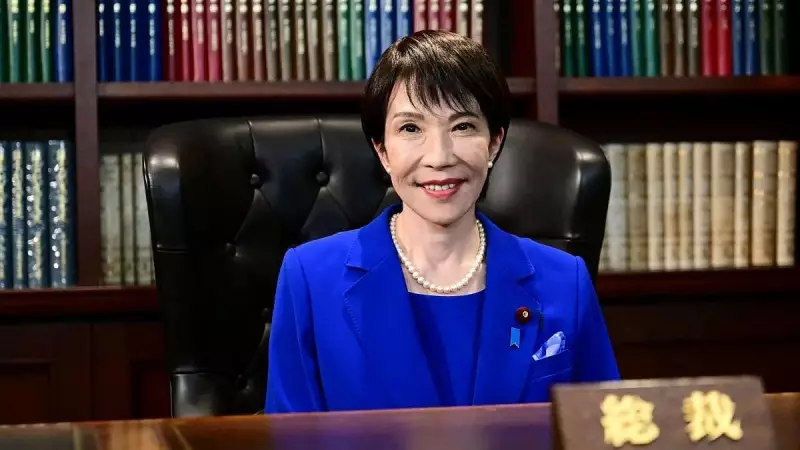
In a monumental shift for Japanese politics, the nation has elected its first female prime minister in a historic vote that marks a new era for gender equality in the country's leadership. Sanae Takaichi's victory represents a significant breakthrough in a political landscape traditionally dominated by men.
A Watershed Moment for Japanese Politics
The election results have sent shockwaves through the political establishment, with Takaichi securing the leadership position after a closely contested race. This achievement shatters one of the most significant glass ceilings in Japanese public life and signals a potential transformation in the country's approach to women in leadership roles.
Breaking Traditional Barriers
Japan, known for its conservative political culture and male-dominated leadership structures, has long lagged behind other developed nations in female political representation. Takaichi's election represents a dramatic departure from this tradition and could inspire a new generation of Japanese women to pursue political careers.
The newly elected prime minister brings considerable experience to the role, having served in multiple cabinet positions and demonstrating a deep understanding of both domestic and international affairs. Her policy platform is expected to address key economic challenges while maintaining Japan's strategic international partnerships.
Regional and Global Implications
This historic appointment places Japan among a growing list of Asian nations that have elected female leaders in recent years. The development is being closely watched by political analysts and gender equality advocates worldwide, who see this as a potential catalyst for similar changes across the region.
The election comes at a critical time for Japan, as the nation faces numerous challenges including economic recovery, demographic changes, and evolving security dynamics in the Asia-Pacific region. Takaichi's leadership will be closely monitored both domestically and internationally as she takes on these complex issues.
Political commentators note that this breakthrough could have far-reaching implications for gender equality in Japanese society beyond politics, potentially influencing corporate leadership, academic institutions, and other sectors where women remain underrepresented in top positions.






